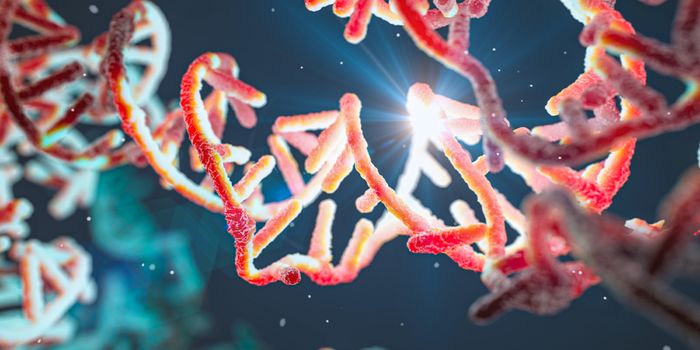Gut Bacteria Composition Predicts Resposnse to Statins
The composition of the gut microbiome is predictive of patient responses to statins. The corresponding study was published in Med.
While statins generally lower cholesterol across patients, differences in individual responses have confounded researchers for some time. Genetic markers explain some of these differences and so are used clinically to guide personalized statin treatment regimes. However, as genetic markers alone don't explain all patient responses, researchers are investigating other avenues too.
As human gut bacteria metabolize statins in vitro, the researchers behind the present study set out to see whether and how microbiome composition may contribute to both on-target and adverse effects from statins.
For the study, they built statistical models from microbiome, metabolome, human genome, and clinical records from an American cohort including 1848 people. They then validated their results on a European cohort of 991 people.
In the end, the researchers found that microbiomes enriched with Bacteroides and lower levels of diversity tended to have the strongest LDL-lowering response to statins. This composition, however, was also linked to significant disruption in glucose levels.
The researchers further found that people with a Ruminococcaceae enriched microbiome showed a clear LDL-lowering response and were protected from the adverse side effects of insulin resistance.
The results also demonstrated that variability in statin response by the microbiome occurred independently of the genome. This means that microbiome composition and genetic markers could potentially be used in tandem to predict patient response to statins.
"It would be great to take this knowledge about the genome and the microbiome and predict personalized dosing regimens for a cohort of patients, and then follow these patients forward in time, tracking their metabolic health and their LDL cholesterol levels, to show that this population of patients undergoing a precision intervention do better than a control group of patients who are getting what is normally prescribed," said ISB Assistant Professor Dr. Sean Gibbons Ph.D., a corresponding author on the paper.
Sources: Science Daily, ISB Science, Med









